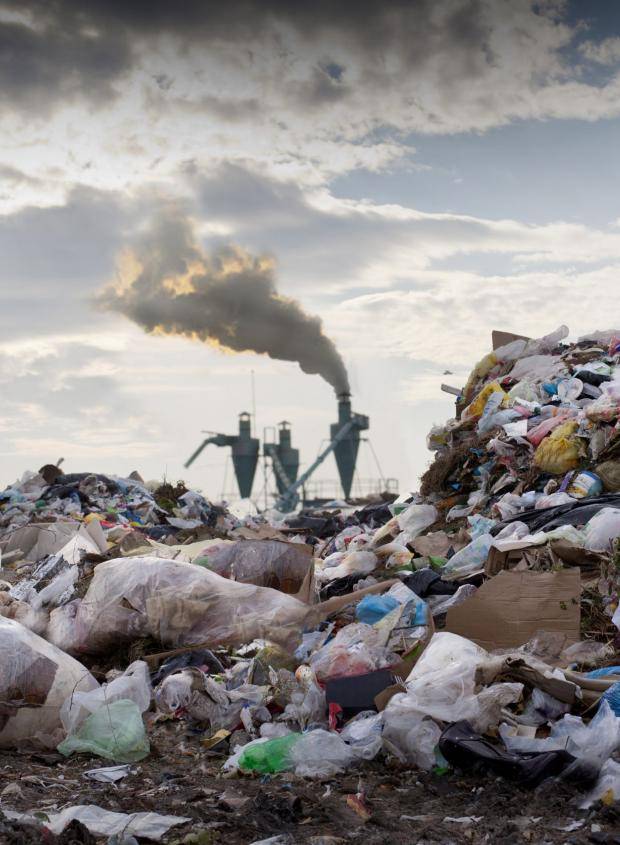China Everbright provides environmental protection, project management and consultancy services. The company’s operations are broken up into energy, water, construction and technology. Specifically, the company provides waste to energy facilities, power from biomass and water treatment for municipalities.
Engagement issue
Carbon emissions from waste to energy incineration.
Engagement objective
Carbon emissions reduction target.
Scope and process
We have historically regarded waste to energy as a cleaner source of power compared to traditional fossil fuel power generation.
However, our views have evolved since initiating a position in China Everbright in 2017. Waste management infrastructure has matured and incineration – even with energy recovery – now no longer replaces landfilling of waste in this industry.
We engaged with company management, encouraging them to set a demanding carbon emission reduction target and developing systems for recycling of plastic and other fossil carbon based waste streams.
This involved voting against Board Directors due to a lack of action on GHG emissions as well as writing to senior executives in connection with our voting positions and separately on the need for ambitious NZC targets.
Outcome: Unsuccessful
The company indicated that it is keen to set a carbon reduction target, but that this will take up to three years to agree. It was not willing to accelerate this timeline, nor was it willing to prioritise plastic waste recycling.
Combined with other concerns that we had with the business (such as poor performance on gender equality), we concluded that management wasn’t giving these issues the high priority that we believe they deserve. We think that this will ultimately undermine the position of waste incineration in the market and consequently chose to sell our position in the business at the end of Q2 2021.
We are very aware that divestment alone is not a solution in reducing carbon emissions in the real world. However, we do believe that it can send an important message to companies, especially where the reason for divestment is clearly signalled to both management and the wider market. We have communicated our reasons for selling our position in the company to management.


